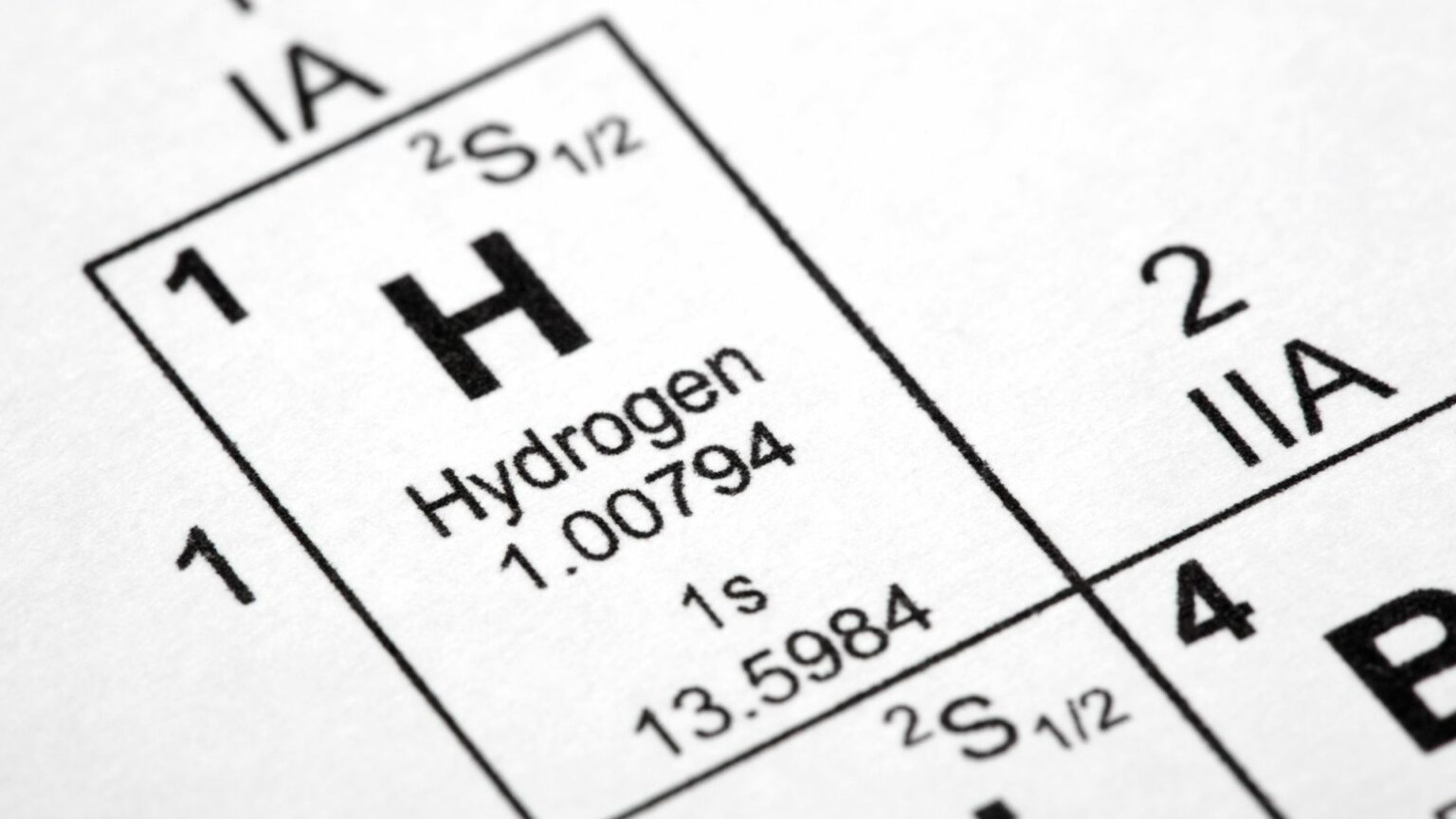While not a standalone solution to the global energy transition, natural hydrogen production is one of several low-carbon hydrogen routes that support ongoing climate goals.
Initial estimates suggest that alternative forms of low-carbon hydrogen, such as methane pyrolysis, gasification, and natural hydrogen extraction, will account for a small portion of future supply. However, these projections could shift if pilot projects prove technically and commercially viable and receive substantial government support.
Natural hydrogen, also known as white hydrogen, is a type of gas that occurs freely in the Earth’s subsurface layers. It is typically extracted through drilling processes, such as hydraulic fracturing, which involves injecting a mixture of water, sand, and chemicals under high pressure to release the gas from rocks. Despite uncertainties around its production, recent reports suggest that natural hydrogen could contribute up to 17 million metric tons per year by 2050 if pilot projects succeed.
Global demand for low-carbon hydrogen is projected to reach nearly 200 million tonnes per year by 2050, a significant increase from the current 1 million tonnes per year, according to Wood Mackenzie. While natural hydrogen’s contribution to this total remains uncertain, its potential as a clean energy source cannot be overlooked if extraction methods prove effective and commercially viable.
Wood Mackenzie asserts that government support, similar to that provided for green hydrogen, could significantly boost the natural hydrogen industry. Financial incentives could lead to the development of necessary infrastructure, making production more cost-effective. Currently, the high costs of green hydrogen production, ranging from $6 to $12 per kilogram, pose challenges for widespread adoption. In contrast, natural hydrogen, if supported, could be produced for less than a dollar per kilogram near end-consumer markets.
The majority of hydrogen currently comes from fossil fuels, particularly methane, which contributes to emissions during its production process. A smaller portion is produced through the more expensive process of water electrolysis. Natural hydrogen could offer a more cost-effective alternative, but scientists remain divided on whether it can be considered a renewable resource due to limited data on its formation rates.
Natural hydrogen reserves have been difficult to identify or verify until recent years. Significant discoveries include a production site in Mali (2012) and a reservoir in Lorraine, northeastern France (May 2023), containing an estimated 46 million tons of natural hydrogen deposits. This French discovery alone represents half of the world’s hydrogen production until 2023.





